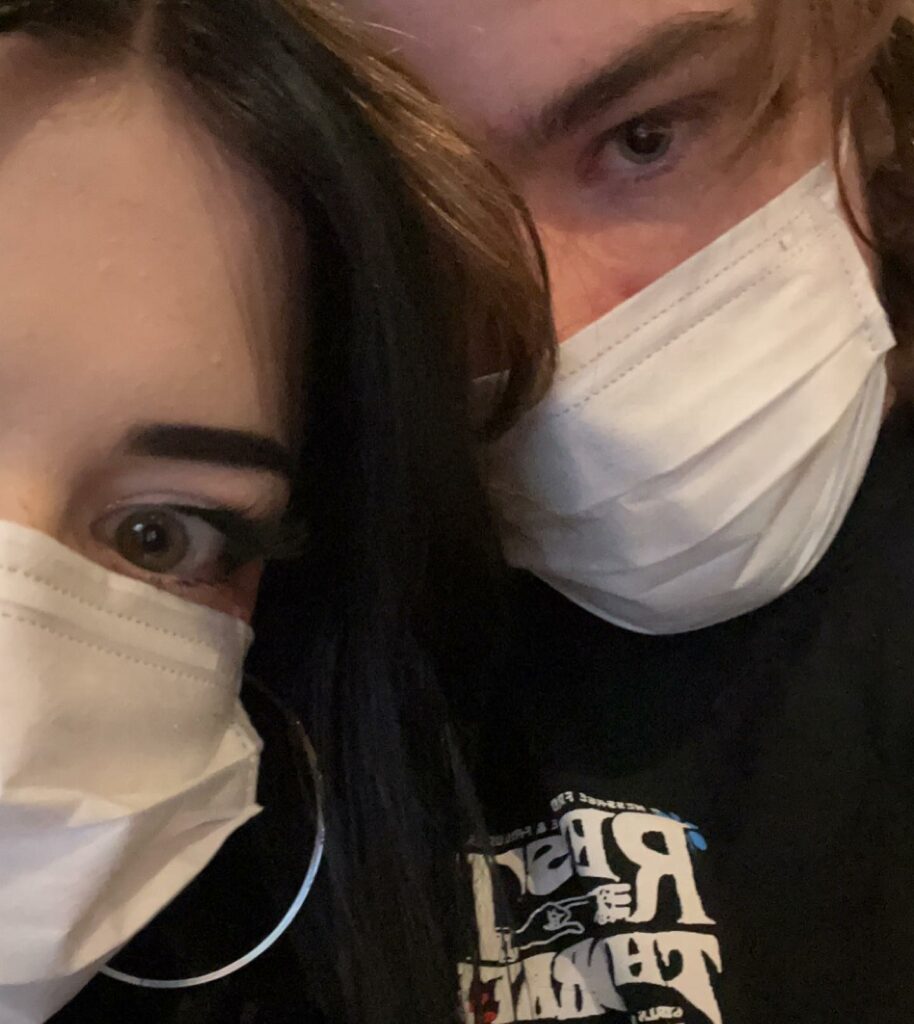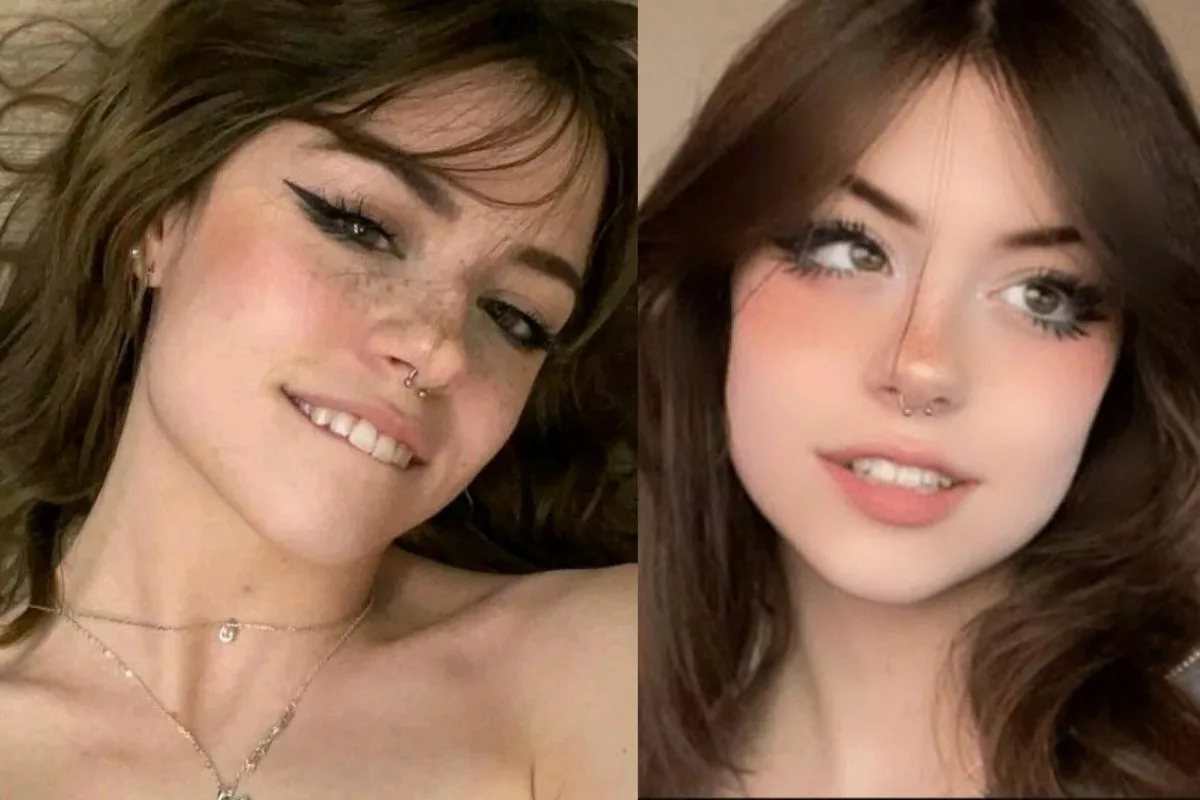Hannah Owo OnlyFans Leak: Unveiling The Truth & Consequences
What happens when the digital veil of privacy is torn asunder, exposing the intimate lives of individuals to the unforgiving glare of the internet? The unauthorized dissemination of private content, particularly when it involves sexually explicit material, can unleash a cascade of devastating consequences, reshaping lives and challenging the very fabric of our digital society.
The recent surge in discussions surrounding "Hannah Owo leaks" serves as a stark reminder of the vulnerabilities inherent in our hyper-connected world. The narrative, though complex, centers on the unauthorized release of content from Hannah Owo's OnlyFans account. This incident, shrouded in controversy, sparks crucial conversations about privacy, consent, and the ethical responsibilities that accompany online interactions. We must delve beyond the sensationalism and address the core issues that arise from such breaches of personal boundaries.
| Category | Details |
|---|---|
| Name | Hannah Owo (This is an assumed identity for the purposes of this article, actual name may vary) |
| Known For | Online content creation, specifically on platforms like OnlyFans. |
| Date of Birth | Information is not publicly available. |
| Nationality | Information is not publicly available. |
| Platforms | Primarily OnlyFans, potentially other social media platforms. |
| Content Type | Varies, typically content intended for adult audiences. |
| Career Highlights | Success within the adult content creation industry, measured by subscriber base and earnings. Details are not publicly available. |
| Controversies | The unauthorized release of private content, alleged leaks of OnlyFans content. |
| Impact of Leaks | Potential damage to reputation, emotional distress, legal and financial ramifications. |
| Legal Considerations | The specifics of legal repercussions will vary according to jurisdiction. Potential charges can include violation of privacy and copyright laws. |
| Ethical Considerations | The ethics of consent, privacy in the digital age, the responsibility of individuals and platforms to protect personal information. |
| Reference Link | Wikipedia (For general reference - please search specifically for Hannah Owo or OnlyFans for relevant information, as specific details are often limited and subject to change) |
As an expert observer of the online content landscape, I have encountered countless misconceptions surrounding the "Hannah Owo onlyfans leak" and similar incidents. It's crucial to move beyond the whispers and half-truths, to separate fact from fiction, and to dissect the realities of this sensitive topic. These events are not isolated; they mirror a concerning trend in the digital age, and understanding the intricacies is essential to formulating effective responses and safeguarding against future breaches.
- Subhashree Sahu Mms Scandal Unveiling Truths Impacts Latest
- Subhashree Sahu Viral Mms Controversy Aftermath
The core of the matter lies in the unauthorized dissemination of private material. This can manifest in various forms: leaked images, videos, or personal data. In the case of Hannah Owo, the focus centers on content shared, under the expectation of privacy, on a subscription-based platform. The alleged leak, if verified, represents a fundamental breach of trust and consent, exposing the individual to potential harm and exploitation.
The potential consequences of such unauthorized releases extend far beyond the immediate subject. They touch upon critical questions surrounding privacy, consent, and the ethical responsibilities that accompany digital interaction. It underscores the ongoing need for robust legal frameworks, responsible platform policies, and informed digital citizenship. These are not mere technicalities but foundational principles that must be upheld to protect individuals in the digital sphere.
Let's delve into some of the common misunderstandings surrounding this controversy. One pervasive myth centers on the idea that content creators willingly invite such exposure. While individuals may choose to participate in adult content creation, this does not imply consent for their content to be shared without their permission. Another misconception is that victims of leaks are somehow responsible for the breach. The responsibility lies squarely with those who initiate the unauthorized dissemination, not with the person whose privacy has been violated.
- Tamilblasters Download Watch Tamil Movies Latest Updates
- Jacksonville Fl Craigslist Deals Furniture Housing More
Further exploration into the leak should focus on the specific legal and ethical concerns that surface with these occurrences. This includes the mechanics of how the leak happened, the exact scope of the material that was released, the possible legal repercussions, and the broader implications for personal privacy and the security of platforms that are used for this kind of content. These are not merely speculative exercises; they are practical investigations into how digital privacy can be defended.
The specifics of legal repercussions tied to the "Hannah Owo leak" will likely differ based on where these actions are investigated and the precise nature of the exposed data. Depending on the jurisdiction, charges might encompass violations of privacy, copyright infringements, and even cyberstalking. Understanding these implications is absolutely crucial to mitigating the risks and safeguarding the individual from legal and reputational damage.
The unauthorized spread of personal content has a profound impact on the online environment. It challenges our very notions of privacy and consent, forcing us to reevaluate the security protocols that platforms provide. It also raises questions about the moral responsibilities of the people who consume and share such content. The ripples of such leaks extend far beyond the immediate subject, influencing how we interact with digital content and the potential for online safety.
Consider this case study: The unauthorized release of private content, particularly sexually explicit material, can trigger a cascade of negative consequences. These encompass emotional distress, damage to reputation, and potential legal and financial harm. This phenomenon, involving the exposure of personal information without consent, is becoming increasingly common in the context of online platforms dedicated to sharing such content, raising important questions about the protection of individuals.
The "Hannah Owo" example serves as a compelling illustration of the impact of leaked content. Her case highlights the challenges faced by content creators in the digital age. It also amplifies the need for enhanced safeguards against online privacy breaches. The core issue is about safeguarding individuals and promoting ethical practices in the digital sphere.
This discussion is not meant to endorse or condone any illegal activities. Instead, the purpose is to encourage reflection on the ethical aspects of digital communication. It is intended to highlight the importance of privacy and the need to foster responsible digital citizenship. It also reinforces the critical importance of protecting personal information in our digital interactions.
The "Hannah Owo leaks" reflect an unauthorized release of private information. Such releases can have wide-ranging implications, affecting not only the individual but also the wider online community. Grasping the many facets of these occurrences is critical to understanding their full influence, which requires legal understanding, an awareness of ethical implications, and knowledge of the digital world.
The conversation extends beyond the specifics of the "Hannah Owo" situation. It demands a broader examination of the online environment and the responsibilities of both content creators and those who consume their work. It prompts an examination of how platforms should handle these sensitive issues. The aim is to enhance security, promote ethical practices, and establish an online world that respects individuals' boundaries.
There are several key takeaways to be gleaned from this, and similar, instances. First, individuals should be extremely cautious about what they share online. Second, it is important to be aware of the potential risks associated with content sharing platforms. Third, digital platforms should have robust security measures to protect the privacy of their users. These measures include strict user verification procedures and content moderation policies.
In conclusion, the Hannah Owo leaks controversy serves as a critical case study. It underscores the urgent need to protect individual privacy, promote ethical conduct, and establish a digital world where safety and respect are prioritized. The solutions are multi-faceted. They require a combined effort from content creators, platforms, legal systems, and individuals.
- Understanding Just Wing It Leaks Risks Prevention Explained
- Taylor Breesey Unveiling The Mystery Social Media Star

Hannah Owo OnlyFans Leak Shocking Details Revealed

Hannah Owo OnlyFans Leak Shocking Details Revealed

Shocking Details Emerge In Hannah Owo Leak!